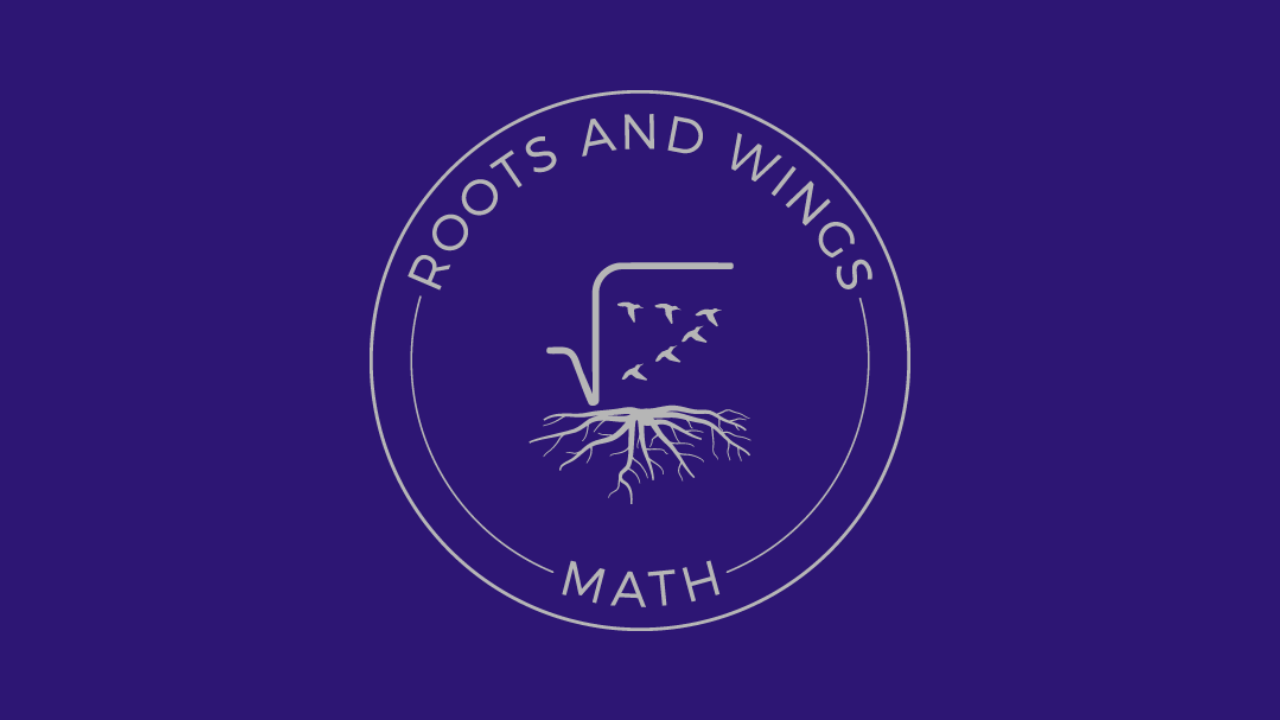
The Illusion of Mastery: My Teaching Wake-Up Call
Aug 04, 2025"I didn't know what to do. I just knew I couldn't keep doing what I had been doing."
When my grad school instructor and mentor, Virginia Bastable, shared this part of her story from early in her teaching career, it felt like my own words were coming out of her mouth.
After four years teaching fifth grade in New Mexico, I moved to Colorado to join the founding staff of a new charter school. I worked there for the next 15 years, and as is common in a startup school, I held many different roles. One year, when we were unable to fill a middle school math position, I raised my hand for the job and jumped in.

My first year in Colorado
During those first couple of years teaching math, I taught the way I had been taught. I showed students how to do a math procedure, had them practice with me, and then practice on their own. This seemed to lead to good results—my test scores that were celebrated, especially for student growth. But it turned out these testing moments were just peak moments in what I later came to know as the "illusion of mastery."
The very next year, the eighth-grade teacher complained that students didn't have the needed skills with negative numbers.
What? They definitely had them last year. I can prove it! Let's look back at those test scores!
But my former students no longer had a handle on those skills. This story repeated itself many times. Eventually, I realized it was happening with my students even within the same school year. Concepts we had grasped well before winter break evaporated over the holidays. This is exactly what Virginia was talking about when she shared her story—returning from a break to find that her high school students who, despite success just weeks earlier, now seemed to have no idea what she was talking about.
I heard another version of almost the exact same story a few ago during a session by Amy Chang and Tom Lewis as they presented a the Building Thinking Classrooms Conference on a 17-year veteran high school teacher's journey towards transforming instruction. This wasn't just my struggle—it's a common experience among math educators.
"I didn't know what to do. I just knew I couldn't keep doing what I had been doing."
So where to go from here? I had no idea where to begin. But cognitive dissonance had entered the stage—I could no longer believe that the way I was teaching was the best way for my students. This was the start of a learning journey that I am still on and am excited to begin sharing with you. Next time, I'll share how visiting other classrooms showed me what was possible for students...even though I still didn't know how to get there myself.


